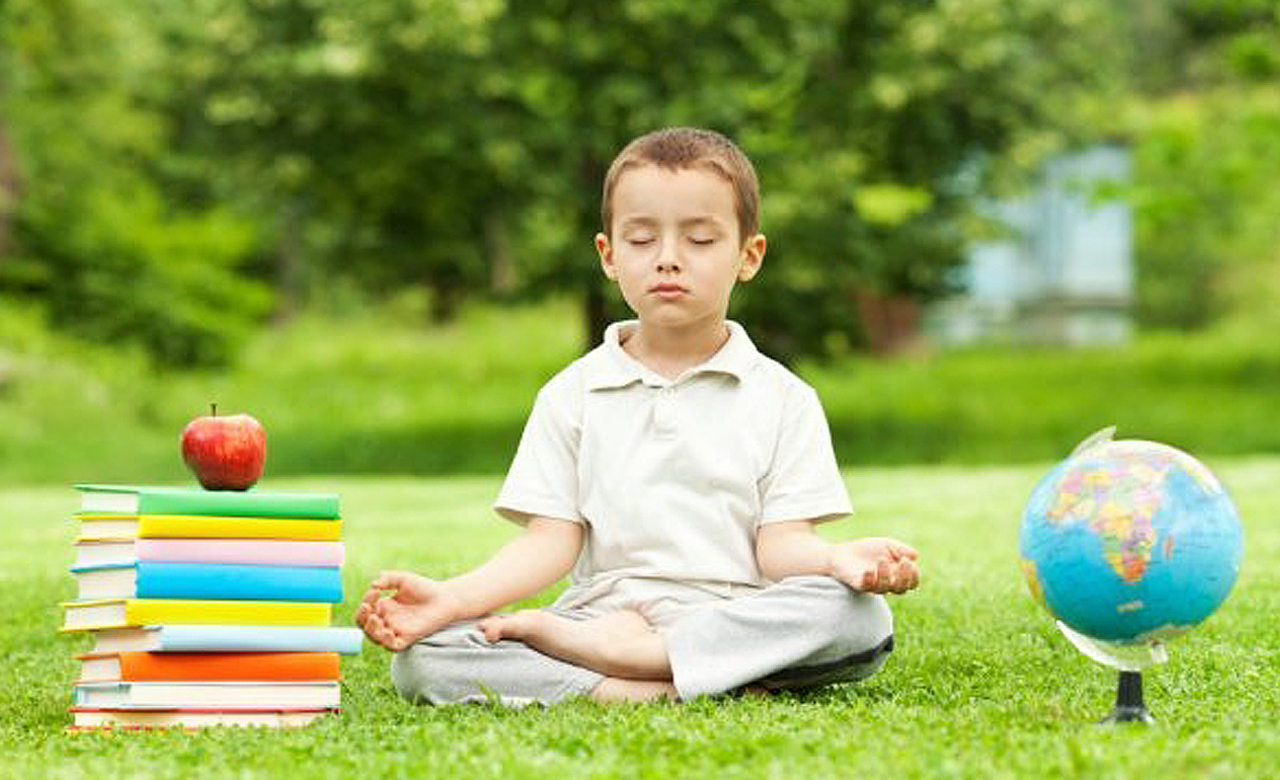Preparing Children for Chaotic Life: Parenting Strategies for Emotional Security

Leading by Example: The Foundation of Preparedness
Parents must lead by example, demonstrating how to handle stressful situations and chaotic lifestyles effectively. Mindfulness and parenting go hand in hand as children observe and remember how their parents deal with life's challenges, forming the foundation of their own responses to stress and chaos.
The Impact of the Environment
Children grow up emotionally secure and mentally equipped to deal with chaotic life by observing their surroundings. If the environment created by parents, grandparents, and others is chaotic, children will learn to handle chaos in similar ways. It's essential to recognize that the current chaotic world is a result of the lifestyle choices of previous generations.
Observational Learning
When children see their parents managing time-bound tasks or stressful situations, they imbibe these behaviors. If parents become restless, children will likely mirror this restlessness. Therefore, parents must handle stress calmly and effectively, setting a positive example for their children to emulate.
Genetic Disposition and Training
Genetic disposition plays a role in how individuals handle stress. While some aspects are inherited, training can significantly influence responses. A meditative mind can change certain levels of genetic expressions, fostering peaceful and poised reactions to various situations. This highlights the importance of teaching children mindfulness and meditation from a young age.
The Role of Meditation
Introducing meditation to children, especially teenagers, can have profound benefits. For children over 15, learning to meditate helps them develop a poised mind, which responds calmly to life's unpredictability. For younger children, learning relaxation techniques and centering themselves within their hearts can improve their ability to confront life's challenges. Mindfulness and parenting practices can greatly enhance these benefits.
Practical Steps for Parents
- Model Calm Behavior: Handle your stress in a calm, composed manner. Your children are watching and learning from your reactions.
- Teach Relaxation Techniques: Introduce your children to simple relaxation exercises to help them center themselves.
- Encourage Meditation: Encourage teenagers to practice meditation regularly, fostering a meditative mind that handles stress peacefully.
- Create a Supportive Environment: Ensure that the home environment is supportive and nurturing, reducing unnecessary stress and chaos.
- Discuss and Reflect: Talk to your children about how you manage stress and encourage them to share their feelings and experiences.